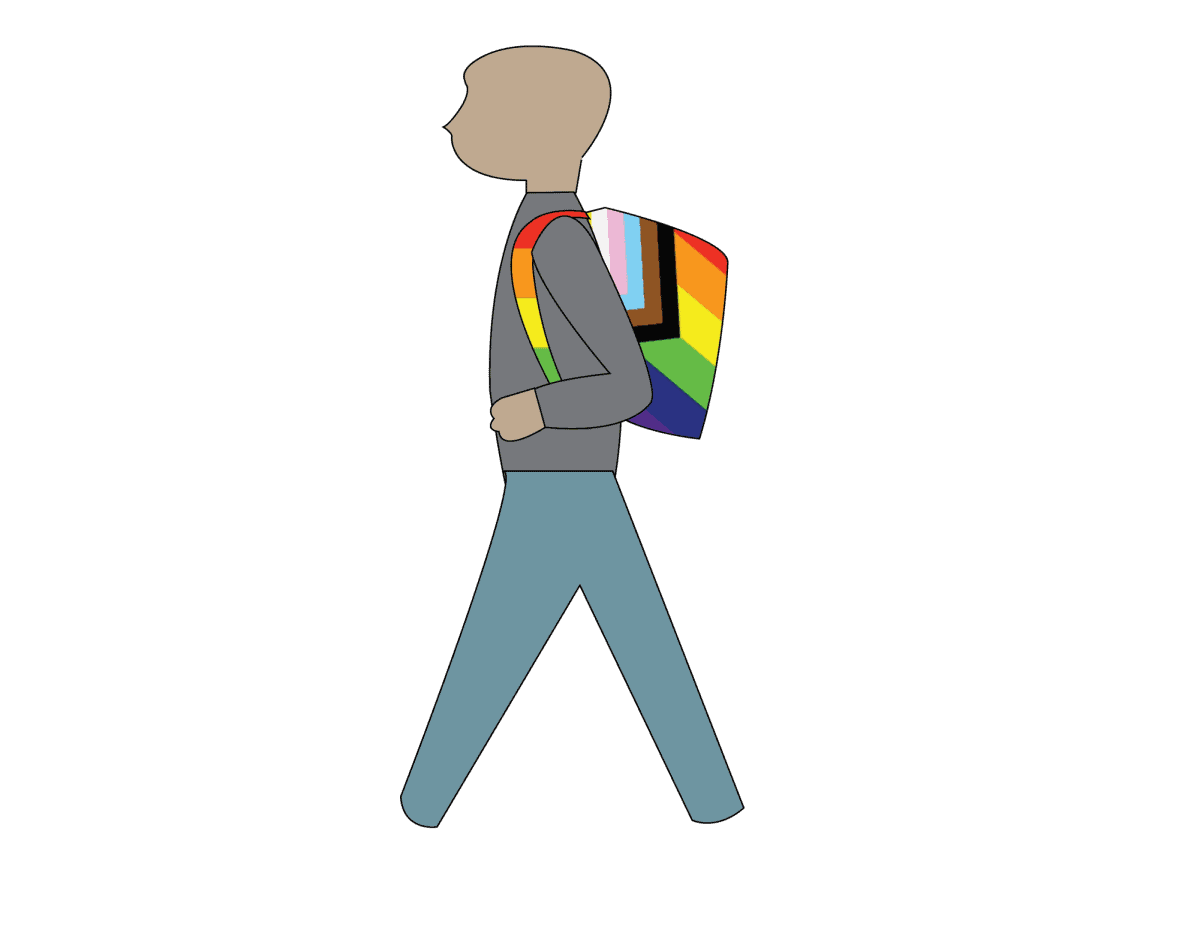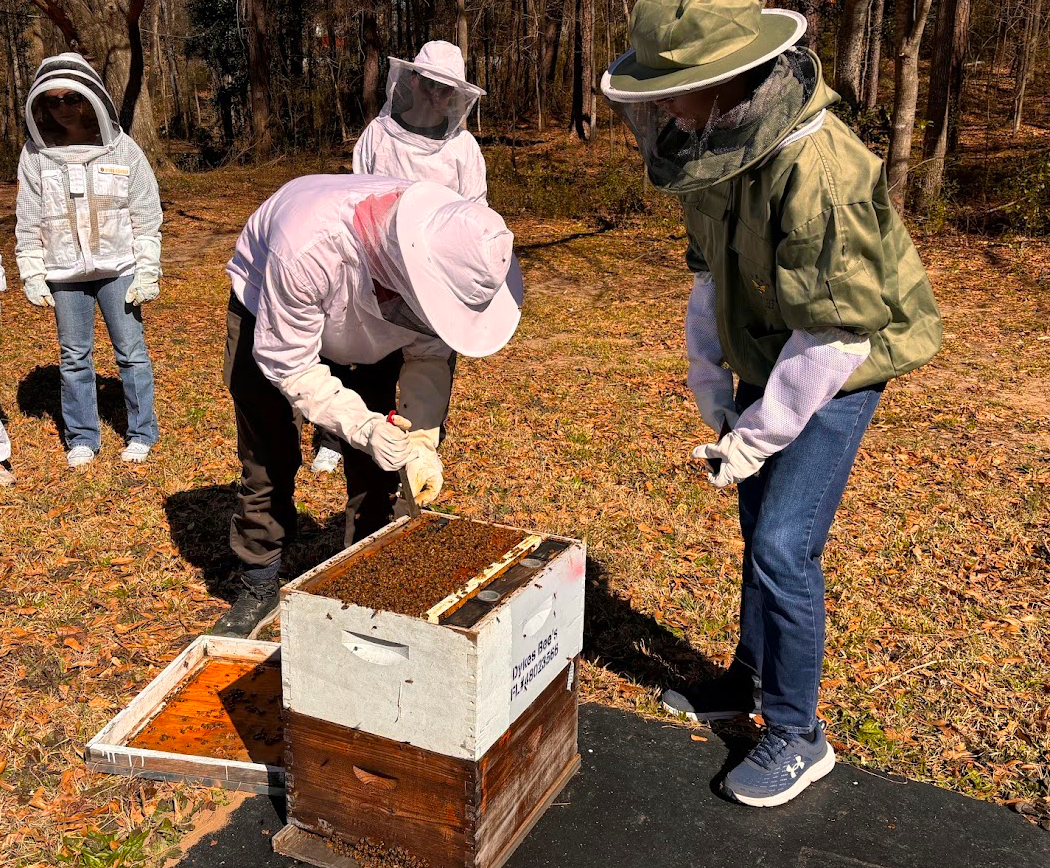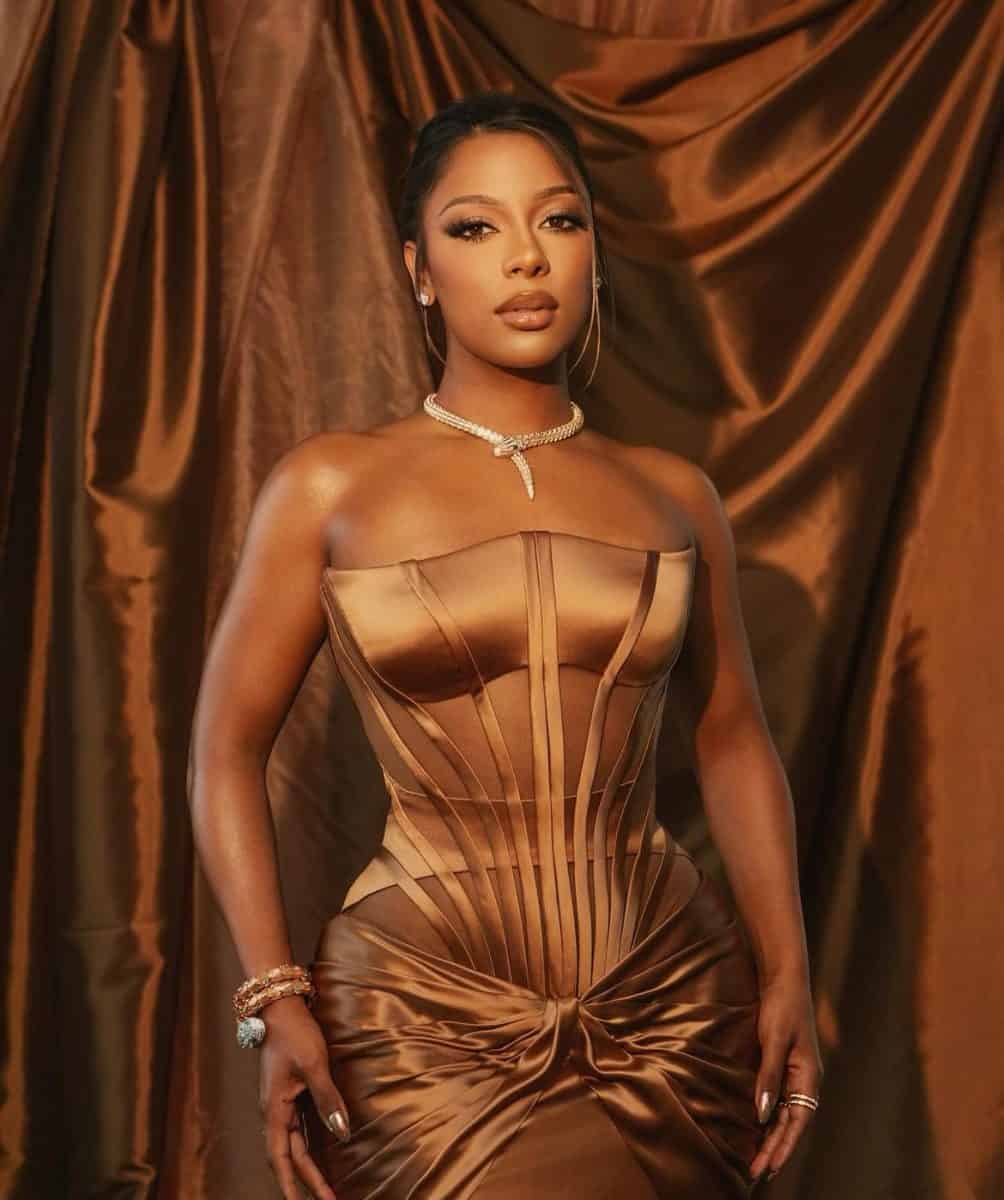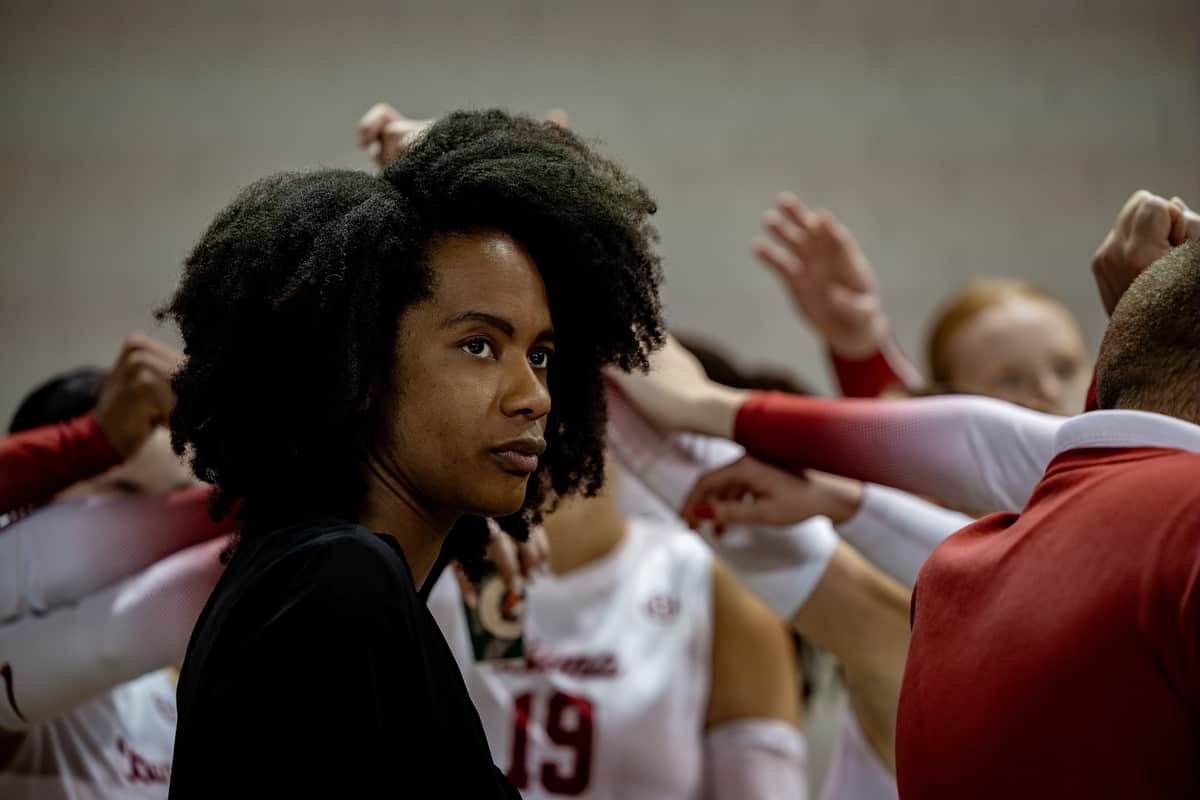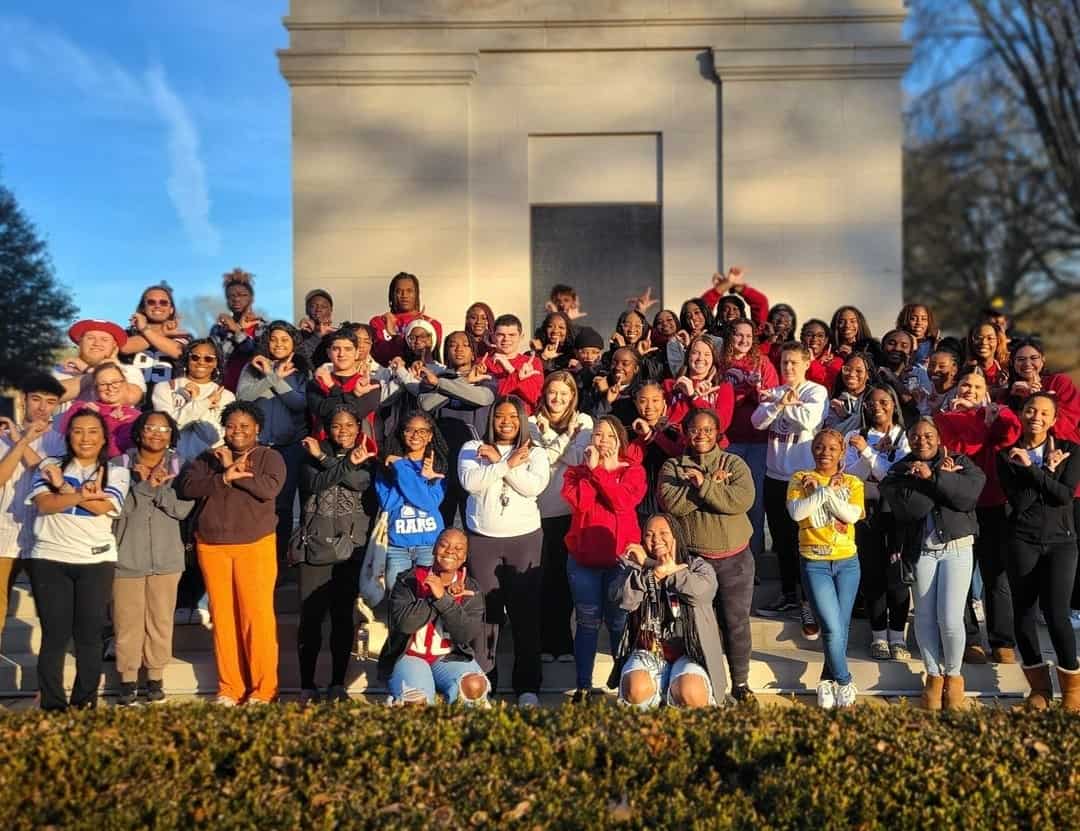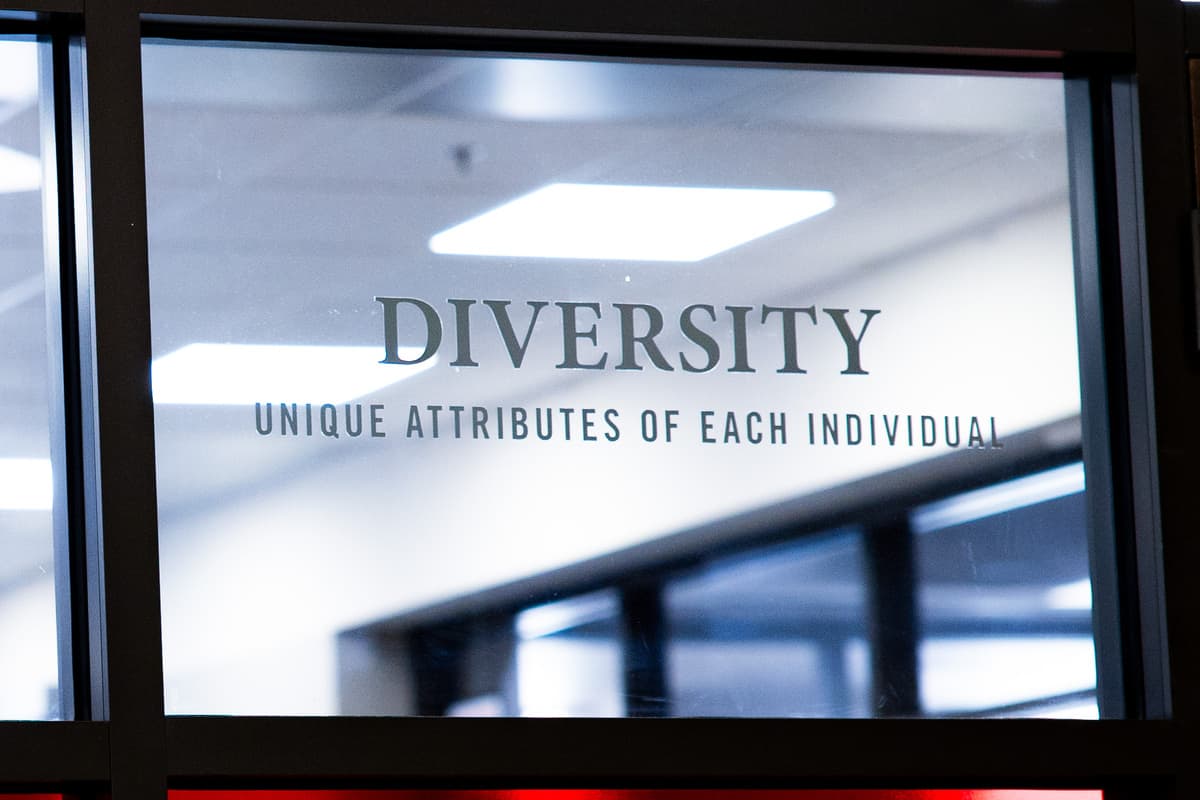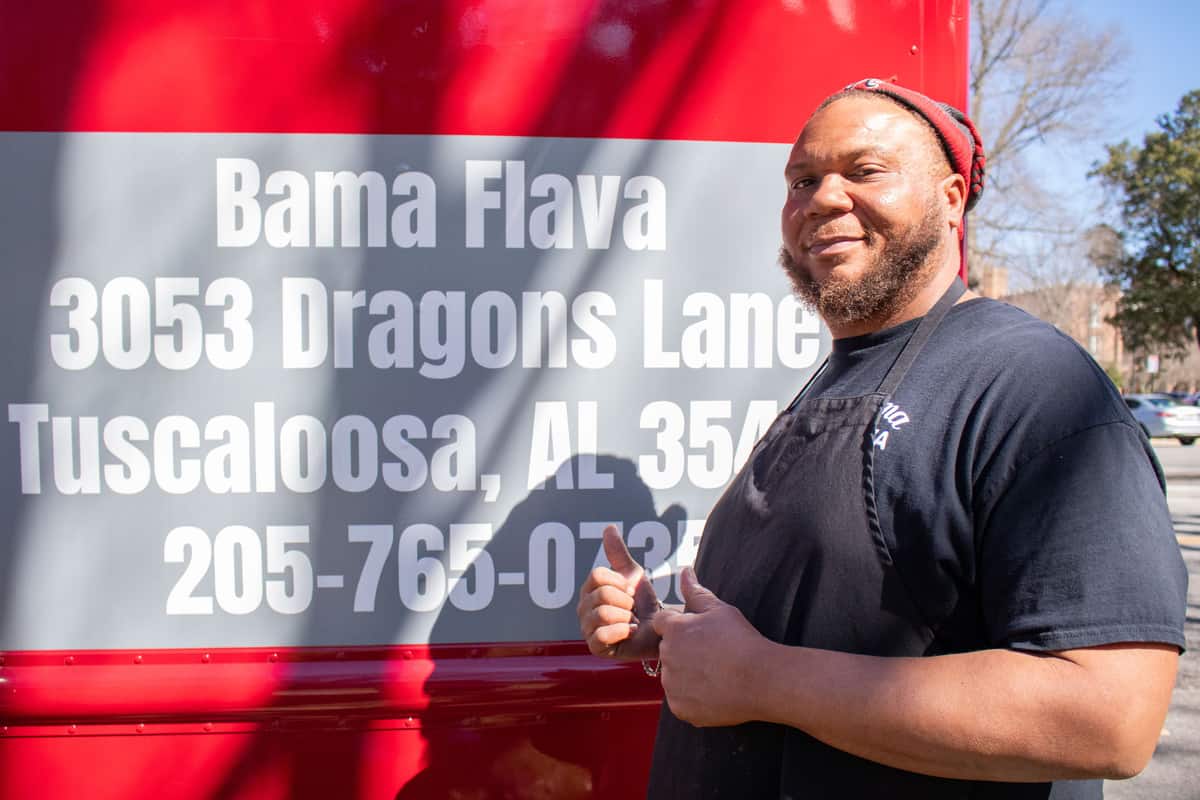2023 saw an unprecedented spike in anti-LGBTQ+ legislation across the nation, with at least 510 bills introduced at the state level. At the same time, there have been attempts to ban critical race theory, with 783 anti-CRT measures being introduced across the country.
For Black queer youth, the erasure of Black and queer representation in education can have detrimental effects on their self-perception.
Examples of this can be seen in Florida, where Gov. Ron DeSantis has signed off on various bills attacking LGBTQ+ individuals and critical race theory. These bills include banning classroom instruction on sexual orientation and gender identity, and extensive book bans, particularly of books highlighting queerness and Blackness.
“I do think that it creates this mass narrative that villainizes people that aren’t just straight and white, and I hate that,” said Isaiah Caldwell, community director for the Magic City Acceptance Center in Birmingham.
One course being banned is Advanced Placement African American Studies, which includes lessons on queer abolitionists and revolutionaries.
In an interview with the Advocate, Brandon Wolf, press secretary for Equality Florida, spoke on the importance of youth learning about Black, queer history.
“It sounds like Ron DeSantis would himself benefit from taking AP African American Studies, as he has no knowledge of the critical role that queer people have played in Black history in our country,” Wolf said.
Joshua Baker, a graduate student in philosophy and youth programs coordinator for The Knights and Orchids Society, a grassroots organization focused on fighting racial and gender injustice, personally felt that the Alabama education system tried to erase his identity as a Black, queer man.
“From a formal perspective, there was no education as a queer man who knew very young, I was having to recharge myself and look for TV shows and have to, like, kind of piece together these fantasies of what your life could be,” Baker said.
Research has shown how important representation is, especially for historically marginalized communities. Three-quarters of Black parents agree that representation is important in the media that their children consume, and 89% of LGBTQ+ youth reported that seeing their sexuality represented in the media made them feel good about being LGBTQ+.
“When we’re able to see Black, queer joy, we’re able to imagine ourselves within Black, queer joy, right?” Baker said.
According to a study conducted by The Trevor Project, 44% of Black LGBTQ+ youth seriously considered suicide in 2023, and 2 in 3 youth reported that their mental health declined drastically after hearing about potential bans on the discussion of LGBTQ+ people in schools.
“If the only narratives we see are around grief, or around trauma, that might be the only way we think about our ability to exist, right?” Baker said.
Erasing Black and queer history takes away more than just lessons on past events; it also takes away important connections of self-acceptance, identity and important experiences that aid in personality development for youth, advocates say. To Baker, this erasure isn’t new.
“The reality is, we’ve been very closed off from education and representations of ourselves for years,” Baker said.
While legislation changes are sweeping the nation, local organizations are still providing safe spaces and educational opportunities for youth and adults alike to learn about LGBTQ+ and Black history.
Caldwell and Lauren Jacobs, assistant director of the Magic City Acceptance Center, work with LGBTQ+ youth, providing history lessons, safe spaces and fun community events.
Magic City Acceptance Center hosts educational forums for both parents and youth, adult LGBTQ+ events, and proms specifically for queer youth that may not be allowed to show their identity in their schools. The center hosts in-person events and closely monitors a Discord chat that allows queer youth to hold conversations about identity and self-acceptance.
“Knowing that you deserve that space for yourself to be authentically you, regardless if other people are able to meet you there, you being able to build that strength within yourself is huge,” Jacobs said.
Both Jacobs and Caldwell provide youth with advice about accepting themselves and learning to love who they are.
“It’s more harmful to try to be someone that you’re not, and not realizing that you have to be yourself, because there is only one you,” Caldwell said.
Jacobs believes students being able to find support networks like the Magic City Acceptance Center is important because it shows them that they are loved and deserving of joy.
“You deserve an Alabama that’s going to not just tolerate, not just accept but actually celebrate you in your Blackness, queerness, transness and all of those intersections,” Jacobs said.
Though Black and LGBTQ+ history is being challenged within educational systems, many youths are still living and learning through peers, social media and their own experiences, creating a new narrative for themselves and those around them.
“You can try and clamp down on these topics in our educational spaces, but you are not going to ever eradicate LGBTQ people and LGBTQ youth. Period,” Jacobs said.
For more information on these organizations, visit www.tkosociety.org and www.magiccityacceptancecenter.org.



